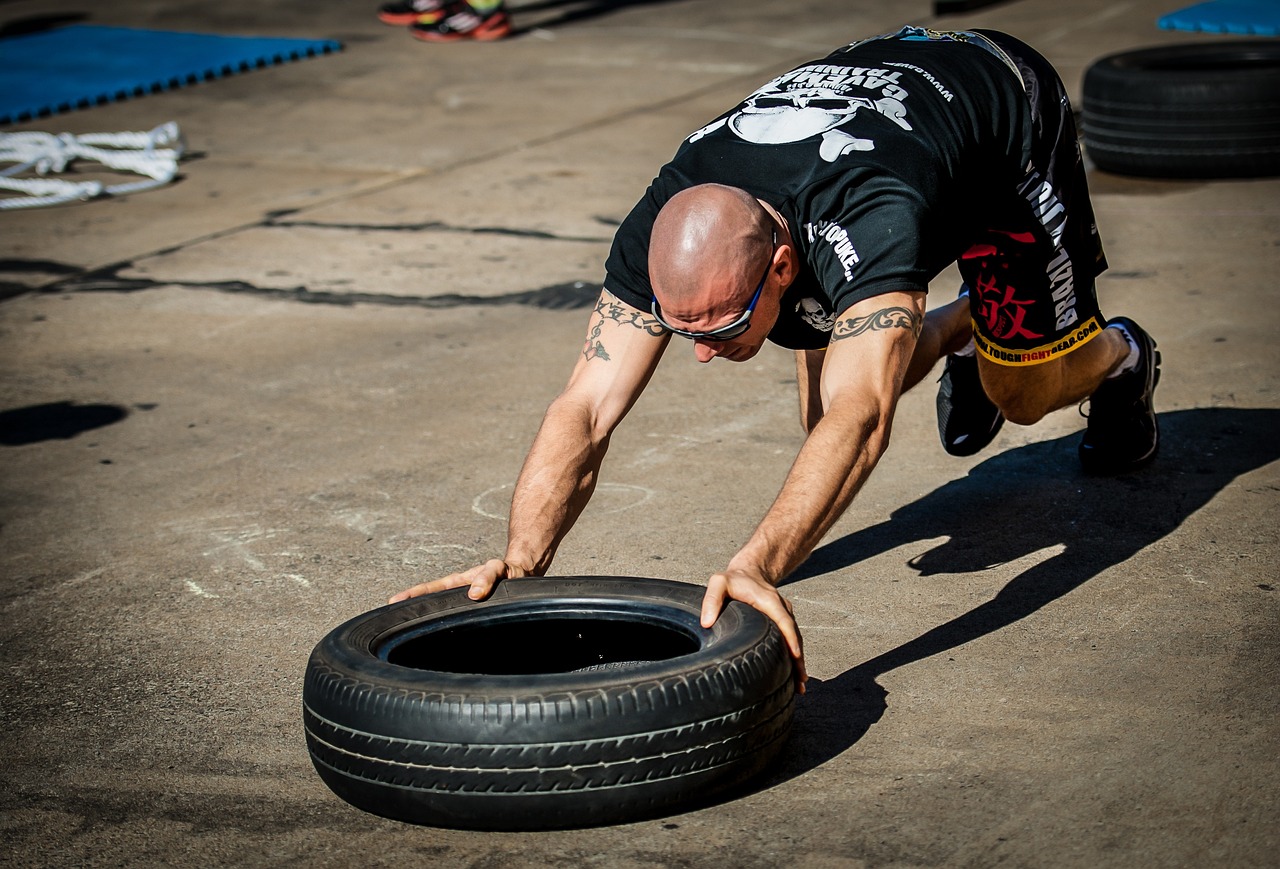Physical fitness plays a vital role in maintaining overall health and well-being. It encompasses various aspects of our body’s capabilities and functions. In this article, we will explore the 11 components of physical fitness and understand their significance in leading a healthy and active lifestyle.
Introduction
When it comes to physical fitness, it is not solely about having a muscular physique or the ability to run long distances. Rather, physical fitness involves a combination of different components that collectively determine our overall fitness level. These components encompass different aspects of our physical abilities, including cardiovascular endurance, muscular strength, flexibility, body composition, power, speed, agility, balance, coordination, reaction time, and mental strength. By understanding and improving these components, individuals can enhance their physical performance and lead a healthier life.
Importance of Physical Fitness
Maintaining good physical fitness offers numerous benefits for our bodies and mind. Regular exercise and focusing on the various components of physical fitness can:
- Improve cardiovascular health and reduce the risk of heart disease.
- Enhance muscle strength and endurance, leading to improved posture and reduced risk of injuries.
- Increase flexibility, promoting better joint mobility and preventing muscle imbalances.
- Optimize body composition by reducing body fat and increasing lean muscle mass.
- Boost power, allowing for explosive movements and improved athletic performance.
- Enhance speed, enabling individuals to perform quick movements efficiently.
- Improve agility, facilitating swift changes in direction and better coordination.
- Enhance balance, reducing the risk of falls and improving overall stability.
- Improve coordination, enabling smooth and efficient movement patterns.
- Enhance reaction time, aiding in quick responses to stimuli.
- Strengthen mental resilience, reducing stress levels and promoting overall well-being.
Cardiovascular Endurance
Cardiovascular endurance refers to the ability of the heart, lungs, and blood vessels to supply oxygen and nutrients to the working muscles during prolonged physical activity. Regular cardiovascular exercise, such as running, swimming, or cycling, helps improve the efficiency of the cardiovascular system, allowing individuals to engage in activities for extended periods without fatigue.
Muscular Strength
Muscular strength refers to the maximum amount of force a muscle or muscle group can exert against resistance. It is crucial for performing tasks requiring strength, such as lifting heavy objects or participating in sports like weightlifting. Strength training exercises, such as weightlifting or bodyweight exercises, help improve muscular strength.
The book is a comprehensive guide aimed at men looking to transform their physiques through evidence-based fitness principles. Matthews demystifies the often confusing world of bodybuilding by providing clear, straightforward advice on nutrition, exercise, and supplementation. The book emphasizes the importance of consistency and scientifically-backed methods over fads and quick fixes.
Muscular Endurance
Muscular endurance relates to the ability of a muscle or muscle group to exert force repeatedly over an extended period. It is essential for activities that involve sustained muscular contractions, such as long-distance running or performing multiple repetitions of an exercise. Endurance-focused exercises, such as circuit training or high-repetition weightlifting, enhance muscular endurance.
Flexibility
Flexibility refers to the range of motion around a joint. It is crucial for maintaining proper posture, preventing muscle imbalances, and reducing the risk of injuries. Activities like yoga, Pilates, and stretching exercises can help improve flexibility.
Body Composition
Body composition refers to the proportion of fat, muscle, and other tissues in the body. Maintaining a healthy body composition, with an optimal balance between fat and muscle mass, is important for overall health. A combination of regular exercise and a balanced diet can help achieve a healthy body composition.
Power
Power represents the ability to generate maximum force in minimum time. It is essential for activities involving explosive movements, such as jumping or sprinting. Plyometric exercises and Olympic weightlifting are effective in improving power.
Speed
Speed relates to the ability to perform movements in the shortest possible time. It is crucial in various sports and activities that require quick bursts of movement. Sprinting exercises and agility drills can help improve speed.
Agility
Agility refers to the ability to change direction quickly and accurately. It is vital for sports like basketball, soccer, and tennis. Agility drills and cone exercises can enhance agility.
Balance
Balance is the ability to maintain stability and control over the body’s position. It plays a crucial role in activities that require equilibrium, such as yoga, gymnastics, and martial arts. Balance exercises, like single-leg stands or yoga poses, can improve balance.
Coordination
Coordination involves the harmonious functioning of multiple body parts to perform tasks smoothly and efficiently. It is essential for activities that require precise movement patterns, such as playing a musical instrument or participating in team sports. Activities like juggling or ladder drills can enhance coordination.
Reaction Time
Reaction time refers to the ability to respond quickly to a stimulus. It plays a significant role in sports and activities that demand quick reflexes, such as boxing or tennis. Reaction time can be improved through specific training exercises and drills.
Mental Strength
Mental strength refers to the ability to remain focused, motivated, and resilient in the face of challenges. It plays a crucial role in overcoming obstacles and maintaining consistency in physical fitness routines. Practices like meditation, visualization, and positive self-talk can help strengthen mental resilience.
Conclusion
Prioritizing physical fitness and understanding its various components are essential for leading a healthy and active lifestyle. By incorporating exercises and activities that target cardiovascular endurance, muscular strength, muscular endurance, flexibility, body composition, power, speed, agility, balance, coordination, reaction time, and mental strength, individuals can enhance their overall fitness levels and enjoy the benefits of improved physical and mental well-being.





